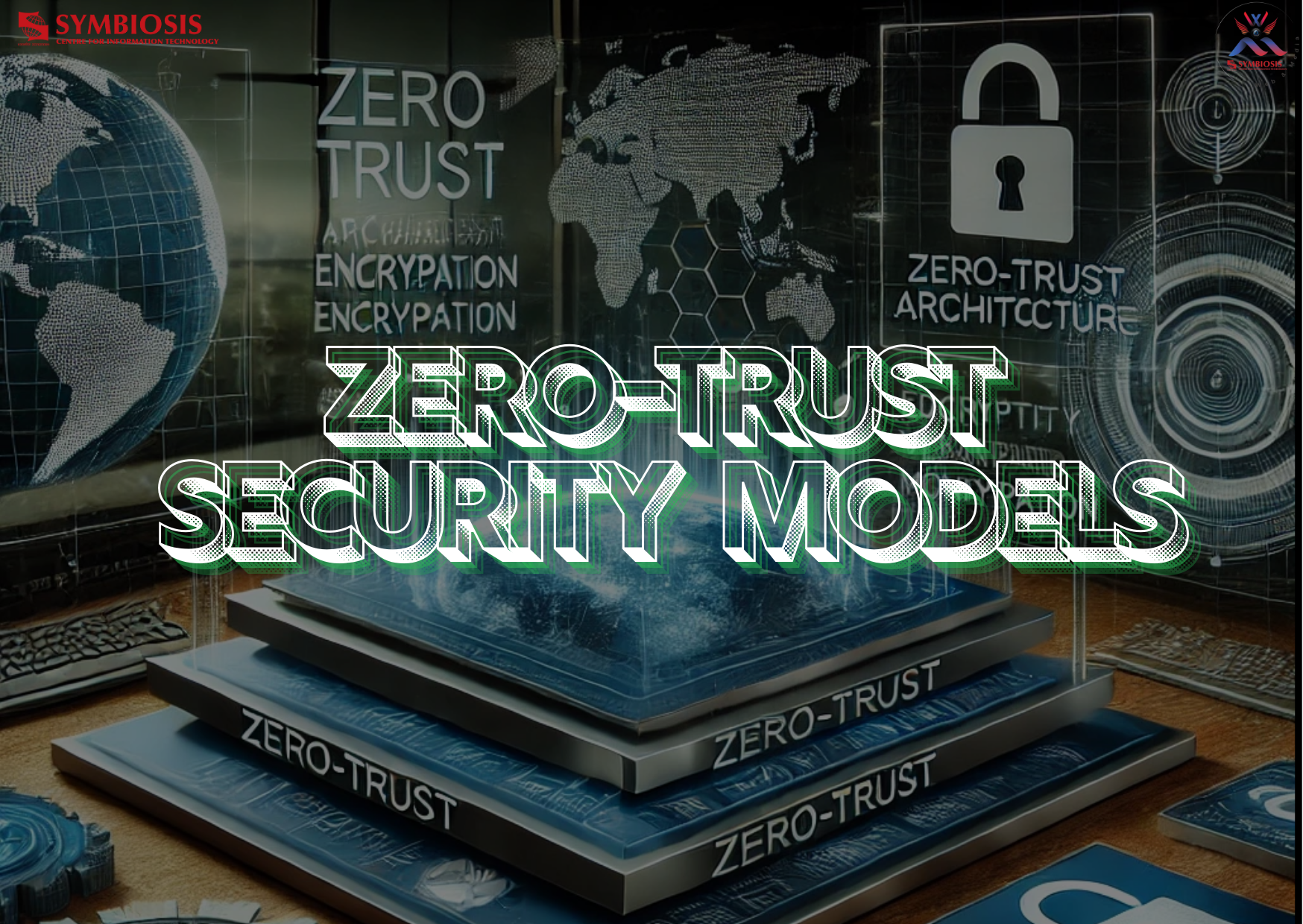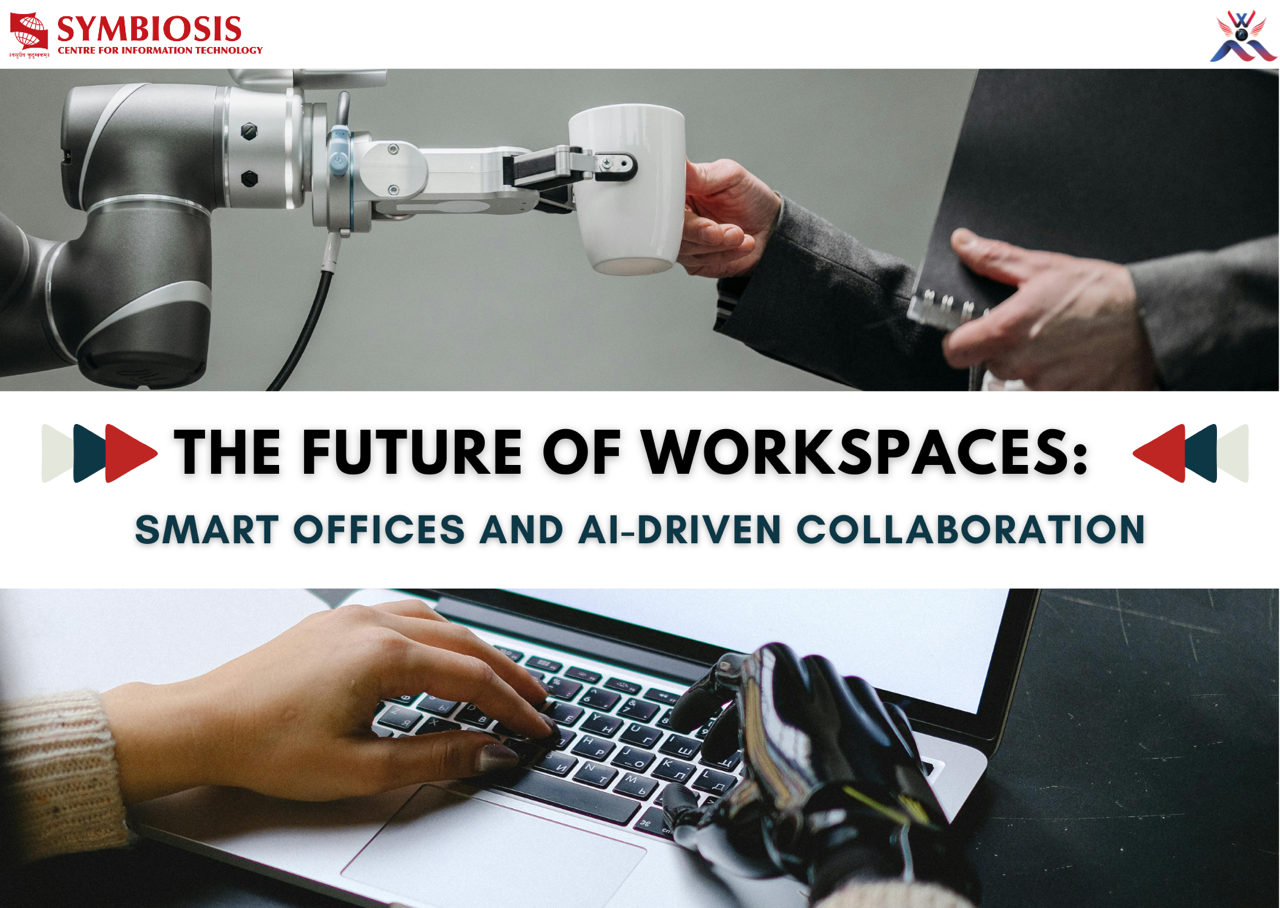Zero-Trust Security Models: Redefining Cyber Defense for Businesses

In a world where cyber threats are evolving rapidly, traditional perimeter-based security models are no longer sufficient. Enter Zero-Trust Security, a revolutionary approach to cyber defense that assumes no user or device is inherently trustworthy, even within the corporate network.
At its core, the Zero-Trust Architecture (ZTA) operates on the principle of “never trust, always verify.” Instead of granting broad access to users once they are inside the network, ZTA enforces strict identity verification, continuous authentication, and granular access controls. This ensures that users and devices are granted only the minimum privileges required to perform their tasks, significantly reducing the attack surface.
Businesses are adopting Zero-Trust models to address challenges posed by remote work, cloud computing, and the proliferation of IoT devices. Key components include:
- Micro-segmentation: Dividing the network into isolated zones to limit lateral movement in case of a breach.
- Multi-Factor Authentication (MFA): Ensuring that access requires more than just a password.
- Behavioral Analytics: Monitoring user and device behavior for anomalies, which might indicate a potential threat.
For instance, companies integrating Zero-Trust safeguard sensitive customer data, intellectual property, and critical infrastructure. By leveraging tools like identity providers, endpoint detection systems, and zero-trust network access (ZTNA) solutions, organizations are creating a robust defense mechanism against modern threats like ransomware and insider attacks.
Zero-trust is not just a technological shift but also a cultural one. It requires businesses to rethink their approach to trust and security, emphasizing proactive measures over-reactive fixes. In an era of interconnected systems, Zero-Trust is redefining cybersecurity, offering businesses a sustainable way to protect their digital ecosystems in an unpredictable threat landscape.














